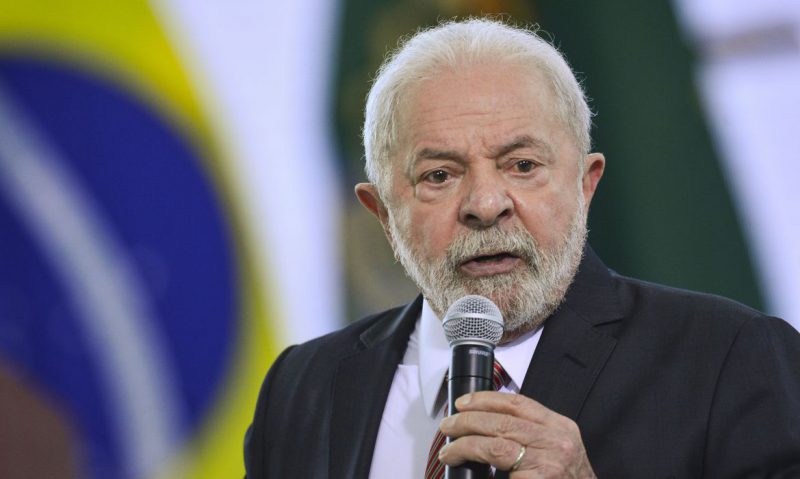Argentina is currently in the midst of a financial crisis. Commodity prices have been on the surge, and consumers have been bearing the brunt. In fact, the annual inflation rate soared above 100% recently, making it one of the highest inflation rates in the world.
After meeting with Argentinian President, Alberto Fernandez in Brazil on Tuesday, May 2, Brazil’s President Luiz Inácio Lula da Silva said that he’s actively working to help Argentina subdue its crisis. He added,
“I will make any and all sacrifices so that we can help Argentina in this difficult time.”
Furthermore, Lula revealed that he asked his Chinese counterpart Xi Jinping to also support Argentinean President Alberto Fernandez.
Also Read – BRICS Are Developing a New Currency: State Duma Deputy Chair
BRICS Bank to Argentina’s rescue?
According to Bloomberg, Lula emphasized that one path to help Argentina would be to finance exports and make loans pass through New Development Bank [NDB], a multilateral bank established by the BRICS countries. Along with Brazil, the bloc includes China, Russia, India, and South Africa. It is worth noting here that former Brazil President Dilma Rousseff is the Chief Executive of the bank.
Lula noted that it will be essential to alter some internal rules. In fact, he is already in talks with Rousseff about the same. Taking a dig at the IMF, Lula said that he is working “to remove its knife from Argentina’s neck.” Notably, the financial agency has a $44 billion loan agreement with Argentina. Additionally, Lula will travel to Buenos Aires next week to get the discussion ball rolling about the agreement on financing Brazilian exporters.
BRICS countries, on their part, are developing their own new currency, in an attempt to steer away from the U.S. dollar. In fact, Lula recently mentioned that he supports the creation of a currency for trading between BRICS countries.
Also Read – Brazil’s President Supports Creation of ‘Trading Currency’ for BRICS





